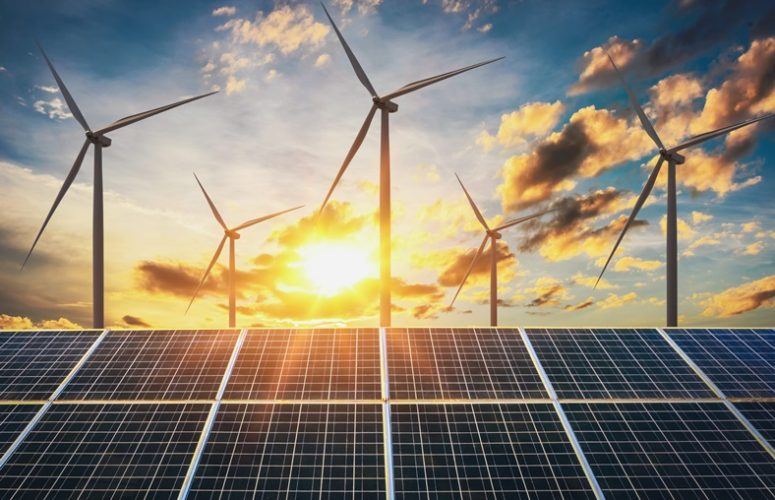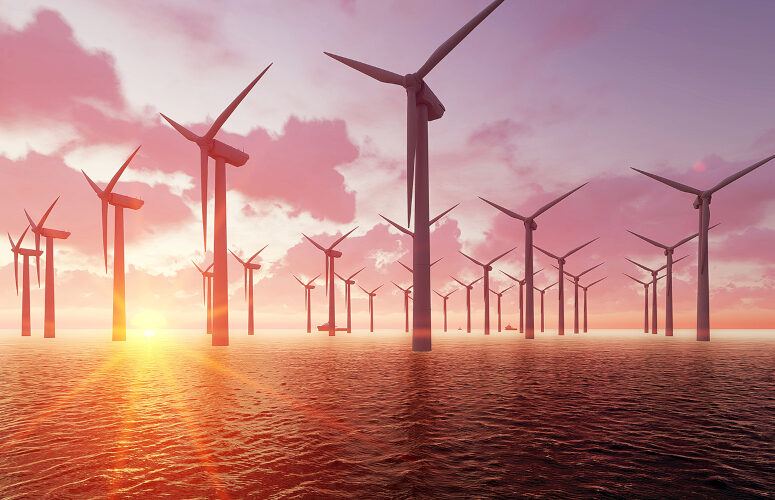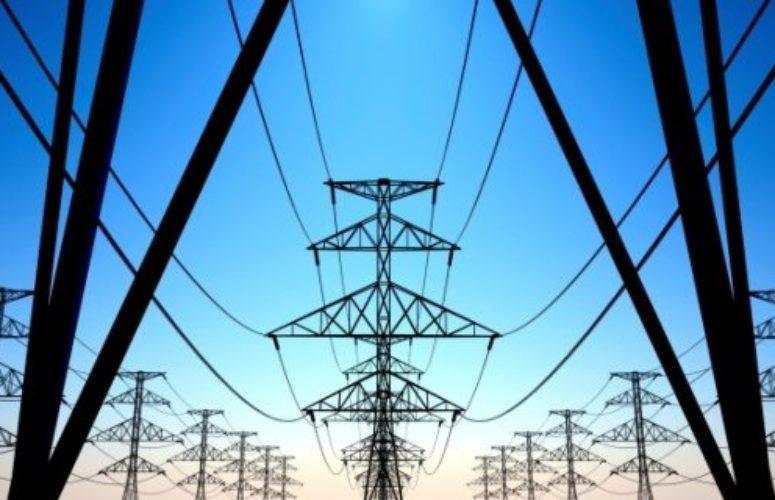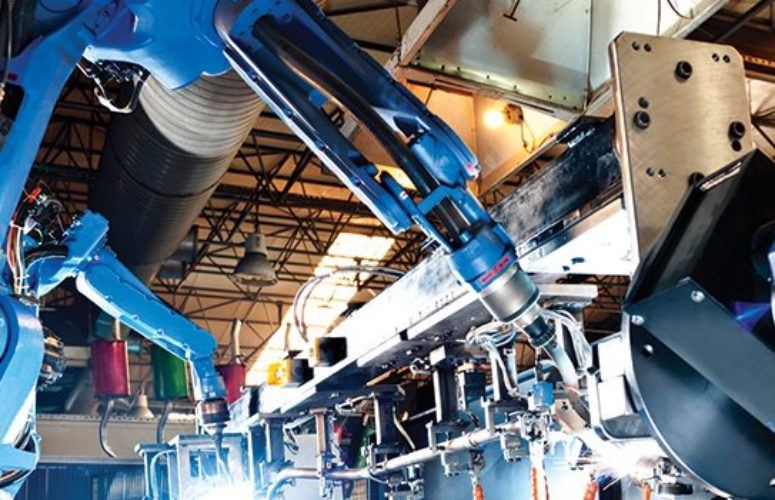
An Energy Overview for 2020
By Erick Ford, Executive Director, New Jersey Energy Coalition On Dec 20, 2019As we approach the end of 2019, we close out a year where energy was in the headlines at least weekly, if not daily. Over the next few months, a new state Energy Master Plan will be delivered for New Jersey sparking debate and new initiatives to achieve Governor Murphy’s Vision for a Clean Energy Economy.
During 2019, many new facts came to light about the state of our current energy economy and how inextricably linked it is to the broader New Jersey economy. Getting this transition to low- and zero-carbon solutions right is of paramount importance to ensuring that New Jersey stays competitive and a place where people want to live and work, and have the ability to achieve their dreams.
As we look forward to 2020 and beyond, a key to our future will be ensuring we safely and reliably transition to the most economic and clean sources of energy. Balancing environmental soundness with affordability is vital to getting the answer right for all our residents.
As it stands today, we should not make a decision that puts all our chips on a breakthrough in just one technology to meet our climate goals. A more prudent path would be to support technologies that work now, while continuing to support research through our institutions of learning and other associations to develop carbon-reduction breakthroughs regardless of fuel-type.
Further, this transition cannot compromise on energy-related safety and reliability that millions of New Jersey families rely upon. That means continuing to support initiatives that are working to deliver reliable energy to households and businesses every day, including:
- Ensuring New Jersey has a clean reliable energy source for generations to come from the nuclear industry;
- Permits necessary for interstate pipelines to ensure low-cost reliable natural gas can adequately serve the needs of the people of New Jersey;
- Supporting the necessary transmission and distribution investments in both electricity and natural gas to improve quality of service and resiliency and;
- Aggressively pursuing Energy Efficiency with the protocols that ensure proper cost recovery and decoupling.
As recently seen, the state is enhancing its pursuit of Offshore Wind with the announcement for 7,500 MWs by 2035. Meanwhile, the rules for the Solar Market Transition are still being developed, but we expect that in 2020, a fair and balanced resolution will invigorate investment and development of this critical resource that employs more than 7,000 workers. Hopefully, we will also learn of the process for how regulators will choose community solar projects from the 252 proposals.
The support for baseload carbon-free generation of electricity earlier this year was an excellent step in ensuring that this carbon-free source of electricity, which produces more than 40% of New Jersey’s power, 90% of our carbon-free electricity and employs more than 6,000 workers in the state, continues efficient operations. The recent IEP draft calls for nuclear to be a reliable source well beyond the current license dates, so it is critical for this industry to receive the support it needs to maintain these assets in the proper manner.
There has been much debate about natural gas this past year. Given the fact that 75% of state residents heat their homes with natural gas, there can be no indecision about our ability to ensure reliability. Natural gas is the most efficient and cost-effective way to heat homes today and for the foreseeable future. However, a recent report shows that in the near future, New Jersey will have a dilemma when ensuring reliability. A natural gas outage is very different than an electricity outage, because each and every residence must be visited at least twice to restore service. In the dead of winter, any widespread outage would pose serious public safety concerns.
Despite this real concern, environmental organizations that have no responsibility for safety or resiliency are aggressively spreading fear and misinformation regarding these necessary projects. Our residents deserve to know the facts – and the facts clearly show that the need for these projects is real. They reveal that approval of infrastructure like, PennEast and other certain compression projects are imperative for safe, reliable service as we move toward cleaner, affordable energy sources. We can steer policy during the transition, but we cannot afford failure during the transition.
The residents in our state place a high trust in the local delivery companies to protect their well-being and to safely and reliably serve them. New Jersey needs natural gas pipeline and other infrastructure projects to continue, in order to ensure safe, reliable service for its residents.
The Year 2020 will be a very exciting year for the Energy Sector in our state. If we get the rules right and correctly choose our path to start our transition to a Clean Energy Economy, we will keep costs low for our customers, create thousands of good paying jobs, ensure that all communities benefit from cleaner energy.
To access more business news, visit NJB News Now.
Related Articles:





